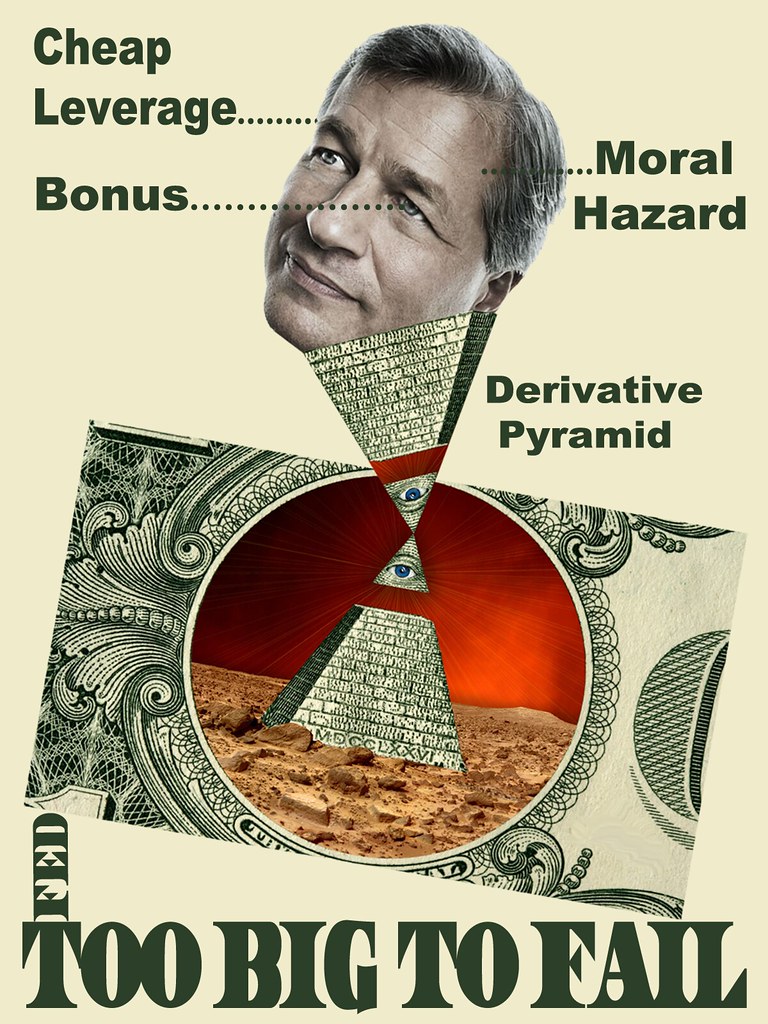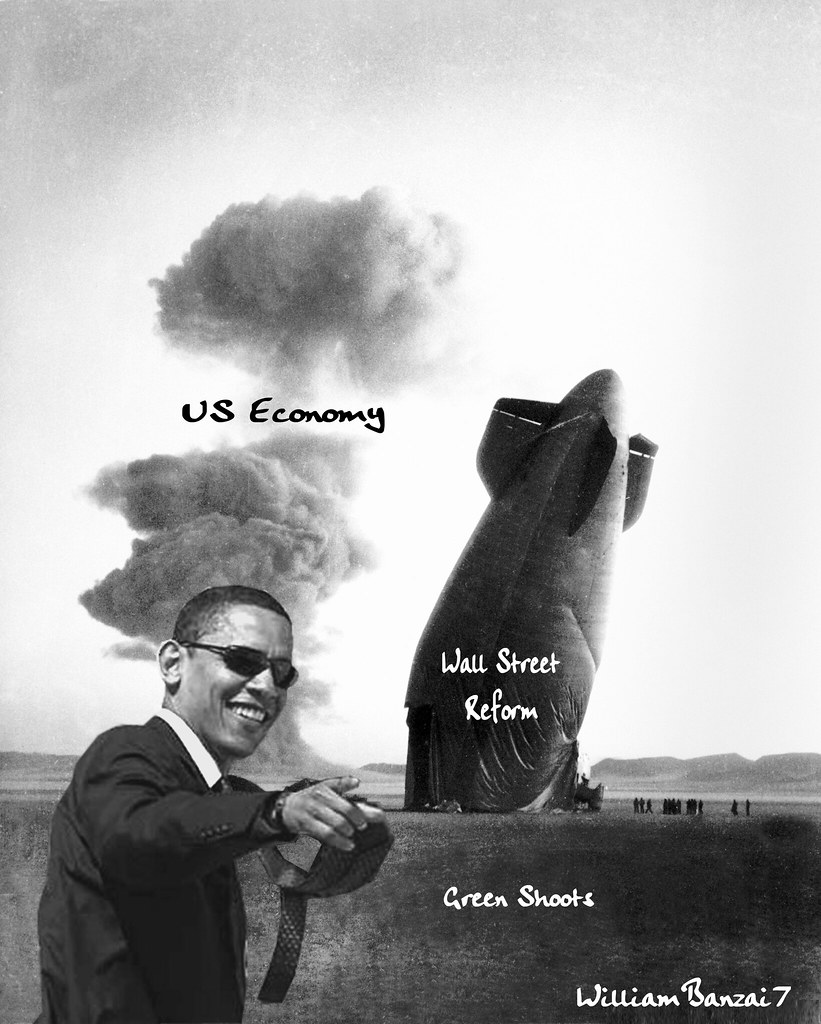Submitted by W. Ben Hunt of Epsilon Theory
Up to the walls of Jericho
With sword drawn in his hand
Go blow them horns, cried Joshua
The battle is in my hands
– “Joshua Fit the Battle of Jericho”, traditional African-American spiritual
The Stuka
 At the outset of World War II, the German Luftwaffe attached an ear-splitting siren – the Jericho Trumpet – to the Junker Ju-87 dive-bomber, commonly called the Stuka. Dive-bombers are wonderful tactical aircraft if you have control of the skies, highly effective against tanks, vehicles of all sorts, even smaller ships, but they simply don’t carry enough ordnance to be a strategic weapon. They can certainly help you win a battle, but they’re unlikely to help you win a war. By attaching the Jericho Trumpet, however, the Stuka became a psychological weapon as much as a physical weapon, striking fear in a much wider swath than the actual bombs. During the early Blitzkrieg days of the war, the Stuka had exactly this sort of strategic effect, crushing the morale of the Polish army in particular.
At the outset of World War II, the German Luftwaffe attached an ear-splitting siren – the Jericho Trumpet – to the Junker Ju-87 dive-bomber, commonly called the Stuka. Dive-bombers are wonderful tactical aircraft if you have control of the skies, highly effective against tanks, vehicles of all sorts, even smaller ships, but they simply don’t carry enough ordnance to be a strategic weapon. They can certainly help you win a battle, but they’re unlikely to help you win a war. By attaching the Jericho Trumpet, however, the Stuka became a psychological weapon as much as a physical weapon, striking fear in a much wider swath than the actual bombs. During the early Blitzkrieg days of the war, the Stuka had exactly this sort of strategic effect, crushing the morale of the Polish army in particular.
Because it was a propeller-driven siren, the Jericho Trumpet actually made the Stuka a less effective dive-bomber, slowing its air speed and making it an easier target to hit. This was a trade-off that the German High Command was happy to make so long as the Stuka maintained its mystique as a terrifying harbinger of death from above, but that mystique was shattered once the Royal Air Force started shooting them down by the dozens in the Battle of Britain. By the end of 1940 the Stuka was almost entirely redeployed from the Western Front to the East, and those planes that remained had their sirens removed. As Churchill famously said of the RAF, “never was so much owed by so many to so few,” and it’s the psychological dimension of this victory that is so striking to me. I don’t think it’s a coincidence that the military tides of World War II shifted in the West at exactly the same moment that the Luftwaffe took off the Jericho Trumpet and the Stuka lost its mojo.
Today the financial media – and the WSJ’s Jon Hilsenrath in particular – is the Fed’s Jericho Trumpet. Unlike the Luftwaffe, the Fed is not trying to inspire terror, but they are similarly trying to turn a powerful tactical weapon into a strategic weapon through psychological means. The Fed is now embracing the use of communication as a policy tool in a totally separate manner from whatever concrete actions the communication is ostensibly about, and they use Hilsenrath (and a few others) as a modern-day Joshua to blow the horn. The Fed is now playing the Common Knowledge game openly and directly, making public statements through their media intermediaries to tell you how ALL market participants perceive reality, even though in fact NO market participant has a clear view of reality. In the Common Knowledge game – whether it’s the Island of the Green-Eyed Tribe that modern game theorists write about, the Newspaper Beauty Contest that Keynes wrote about in the 1930’s, or the Emperor’s New Clothes that Hans Christian Andersen wrote about in the 1830’s – the strong public statement of what “everyone knows” creates a reality where it is rational behavior for everyone to act as if they, too, see this reality … even if they privately don’t see it at all.
Here’s the money quote from Hilsenrath’s article last Friday after the November jobs report, titled (self-referentially enough) “Hilsenrath’s Five Takeaways on What the Jobs Report Means for the Fed”:
MARKETS BELIEVE TAPERING ISN’T TIGHTENING: Markets are positioned more to the Fed’s liking today than they were in September, when it put off reducing, or “tapering,” the monthly bond purchases. Most notably, the Fed’s message is sinking in that a wind down of the program won’t mean it’s in a hurry to raise short-term interest rates. Futures markets place a very low probability on Fed rate increases before 2015, in contrast to September, when fed funds futures markets indicated rate increases were expected by the end of 2014. The Fed has been trying to drive home the idea that “tapering is not tightening” for months and is likely to feel comforted that investors believe it as a pullback gets serious consideration.
In truth, the shift in the implied futures market expectations of short-term rate hikes from late 2014 into early 2015 says nothing about what “The Market” believes about tapering. It says a lot about the enormous effort that the Fed is putting into its forward guidance on rates, as a communications policy replacement for its prior reliance on forward guidance and linkage of unemployment rates and QE (a mistake that I wrote extensively about at the time and is now universally seen as a policy error). The Fed, through Hilsenrath, is trying to tell you how you should think about tapering. Not by giving you a substantive argument, but simply by announcing to you in a very authoritative voice what everyone else thinks about tapering.
Hey, don’t worry about tapering. No one else is worried about tapering. You are totally out of step with all the smart people if you’re worried about tapering. It’s duration of ZIRP that matters, not QE. Don’t you know that? Everyone else knows that. Maybe you’re just not very smart if you can’t see that, too. Can you see it now? Ah, good.
This is game-playing in an almost pure form. It’s smart and it’s effective. The siren from above is starting to wail: if you react negatively in your investment decisions to tapering, you are Fighting the Fed.
The bombs are going to drop – increased forward guidance on rates and decreased direct bond purchases – but these policies in and of themselves are just tactical. What’s really at stake is the strategic meaning of these policies, the belief system that takes hold (or doesn’t) around the power of the Fed to create market outcomes.
Over the next three or four months we’re going to see quite a battle for the hearts and minds of investors, with both “sides” employing the Narrative of Don’t Fight the Fed. On the one hand you will have the Fed, with their Jericho Trumpet of Hilsenrath et al shrieking at you a new interpretation of the Narrative: ZIRP is the source of the Fed’s power, not QE, so tapering is no big deal. On the other hand you also have the Fed, but the Fed of the past several years and the way it has trained the market to believe that the portfolio rebalancing effect … i.e., the behavioral impact of QE that Bernanke has directly credited with driving up the stock market … is what really matters. And if that’s your reality, then tapering is a big deal, indeed. I’ll be monitoring all this closely at Epsilon Theory in the weeks ahead.
Importantly, this psychological battle is taking place entirely within the larger Narrative of Central Bank Omnipotence. If the QE meme wins the day and tapering ends up hitting the markets hard … well, it’s Fed balance sheet operations that determine market outcomes. If the ZIRP meme wins the day and tapering is a non-event … well, it’s Fed forward guidance on rates that determines market outcomes. Either way, it’s a Fed-centric universe. Forever and ever, amen.







via Zero Hedge http://feedproxy.google.com/~r/zerohedge/feed/~3/Dy9e8Zu7mQk/story01.htm Tyler Durden
 The Hart family found a way to
The Hart family found a way to Back in 2009, the Obama administration
Back in 2009, the Obama administration 





 The war on e-cigarettes continues across the
The war on e-cigarettes continues across the






 In the wake of the news of Nelson Mandela’s
In the wake of the news of Nelson Mandela’s